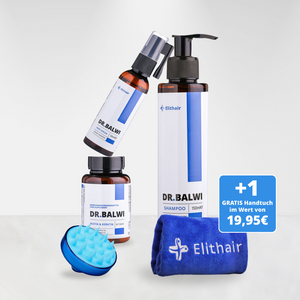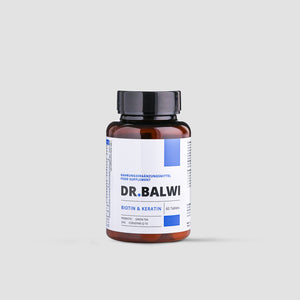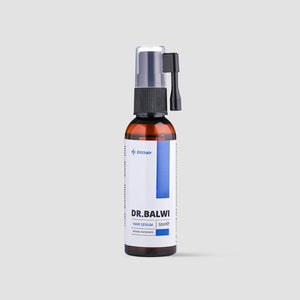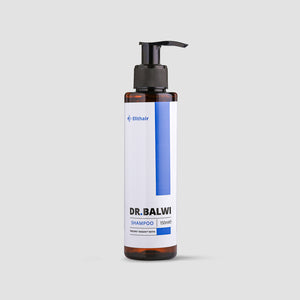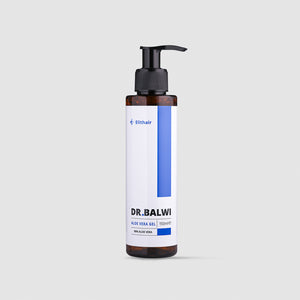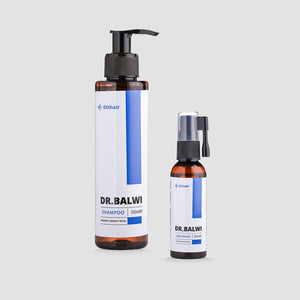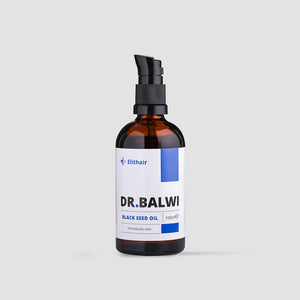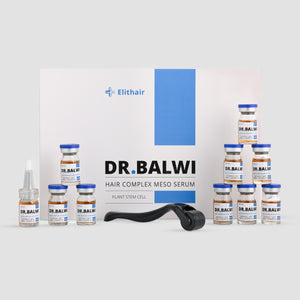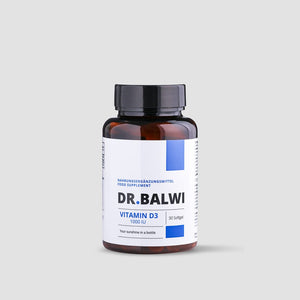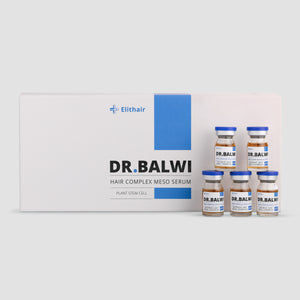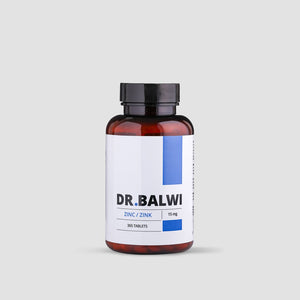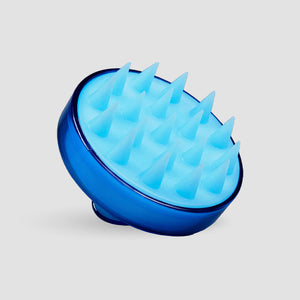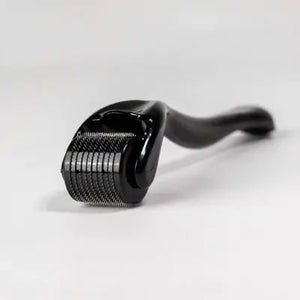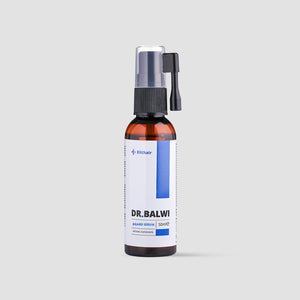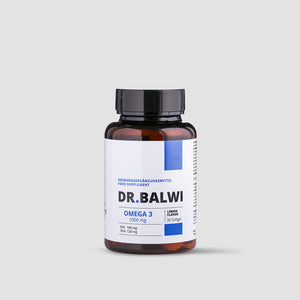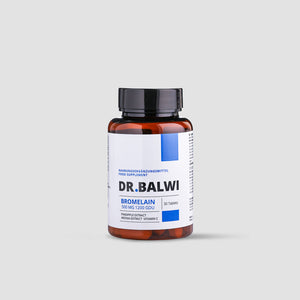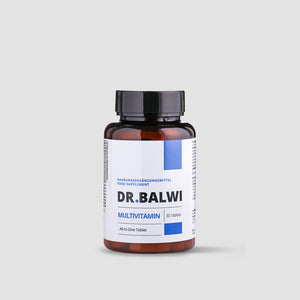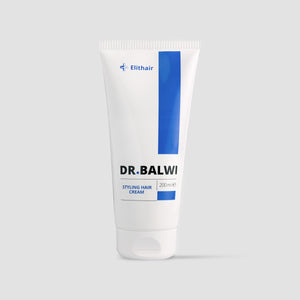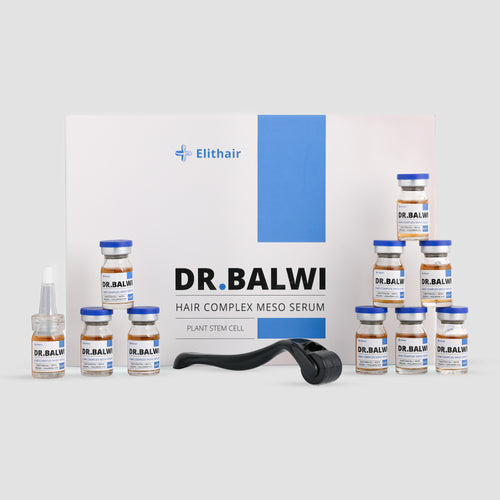Hair loss due to dry scalp
Lately, your hair has been visibly thinning. At the same time, you've noticed that your skin is drier and perhaps even itchy or tight. Consider whether you've recently changed your hair care routine or made any changes to your diet.
Could hair loss be caused by a dry scalp, or is there another underlying cause? It's important to keep a cool head and investigate the root cause.
Table of contents
- Can hair loss be caused by a dry scalp?
- Symptom or cause? Dry skin worsens hair problems
- Common misinterpretation of dandruff
- Diagnosis and treatment
- Home remedies for dry scalp
- Detect hair loss caused by dry scalp and treat it properly
Can hair loss be caused by a dry scalp?
Your hair needs moisture and grows best in a scalp that is well-nourished and supplied with vital nutrients. Hair loss can occur due to a dry scalp, although the term "due" should rather be "in combination." Hair loss, like dry skin, is a symptom of a cause that you should identify and treat. Exceptions exist for inflammation and irritation of the scalp, which is accompanied by dryness and an often flaky skin appearance. However, the fact is that dry skin promotes hair loss and can worsen the symptoms. Deficiencies, such as iron, are usually a cause of hair loss and a dry scalp. Since both symptoms often occur simultaneously, the skin problem is focused on and defined as the cause of thinning hair and even baldness. If the visual dryness is accompanied by itching and a feeling of tension, you are correct in your assumption. Your body needs hydration, especially from within and in the form of sufficient mineral water. If you don't drink enough, this can affect your skin and cause hair loss due to dry scalp.
Symptom or cause? Dry skin worsens hair problems

Usually, a dry scalp is a symptom, as is persistent and progressive hair loss. The cause must be diagnosed and treated. Nutritional deficiencies and the associated undersupply of the hair follicles, hormonal changes, or errors in hair care can be reasons for both symptoms. Conditions such as thyroid dysfunction, scalp fungus, and skin inflammation can also be causes of the overall problem. The fact is that a dry scalp worsens existing hair loss and can ultimately lead to baldness. It is therefore advisable to react quickly and rule out self-diagnosis. Dry skin usually affects more than just your head. Your body switches to low power mode if you don't drink enough fluids or if your body cannot process the fluids properly. If the scalp dries out as a result, the hair follicles die, and the hair literally falls out from the roots. Even if the scalp is not the cause of hair loss , you should always be aware that reddish patches, dandruff, and scabby areas are not normal and should be examined.
Common misinterpretation of dandruff

Dandruff is often directly associated with dry skin. This is a mistake, because hair loss caused by a dry scalp is not treated correctly in this case. If you suffer from dandruff, it is usually a sign of oily skin, not dry skin as previously assumed. If you assume dandruff is due to dry skin and aim to increase your oil intake, the problem will worsen and the pores on your head will close completely. Sebum production is stimulated, resulting in hair loss, which is not caused by a dry scalp but rather by a serious haircare mistake. Since dandruff can indicate both increased sebum production and a medical condition—such as atopic dermatitis—if you experience unexplained and acute dandruff formation with hair loss, you should definitely consult a dermatologist and have the cause medically diagnosed. Alternatively, you can also use high-quality products to combat hair loss, such as Dr. Balwi Shampoo. Ingredients such as aloe vera, biotin, and caffeine can effectively combat hair loss and thus achieve positive results.
Diagnosis and treatment
Dermatologists examine the symptoms of hair loss and dry scalp in various ways. A skin and hair sample, as well as a blood test, can help determine causes and identify diseases. Treatment depends on the underlying cause. If your scalp is truly dry, moisture and hair care products that combat dryness will help. If excessive sebum production and dandruff result in dandruff, the scalp may look dry, but it is actually oily and therefore requires gentle, oil-reducing care. In very few cases is hair loss caused by a true scalp condition. This makes it all the more important to consult an experienced dermatologist to determine the cause and, after the process of exclusion, get to the heart of the matter. The recommended treatment is always based on the cause of the problem and not limited to the symptom.
Home remedies for dry scalp
Hair loss is just one of the annoying symptoms of a dry scalp. Since the scalp is often sensitive, it's worth trying to moisturize it with home remedies. Kitchen oils are particularly suitable for this. Try hair masks made from olive oil or coconut oil, for example. They're incredibly easy to use. Apply a generous amount of your chosen oil to your scalp and massage it in. Wrap your head in a towel or cling film and leave the mask on for as long as possible, ideally overnight. In the morning, you can rinse out the remaining oil with lukewarm water. With coconut oil, even 30 minutes is enough. Alternatively, the mask also works with natural yogurt, honey, or even nettle tea.
Detect hair loss caused by dry scalp and treat it properly
When hair loss occurs due to dry scalp, the process usually begins gradually, causing visible thinning at the crown and temples. Rarely, hair loss manifests acutely and reveals the scalp within a few weeks. Even if you don't go bald overnight, you should act early and get to the root cause. Dry scalp, as well as pore blockage, the opposite reason for hair loss, are treatable. Once the cause is addressed, the symptoms usually resolve themselves. If baldness has already occurred, a hair transplant can restore self-confidence. To ensure smooth healing after a hair transplant , the cause of the hair loss must be treated beforehand. You will receive a comprehensive consultation and examination at a renowned hair clinic. As an alternative to a hair implant, you can find out whether a PRP treatment might even achieve the desired effect. Do you have any questions about this topic or would you like more information about our treatments? Then contact our team of experts, who are available to advise you at any time. You can also request a free, no-obligation hair analysis. You, too, can benefit from the expertise of Dr. Balwi and his experienced team.
